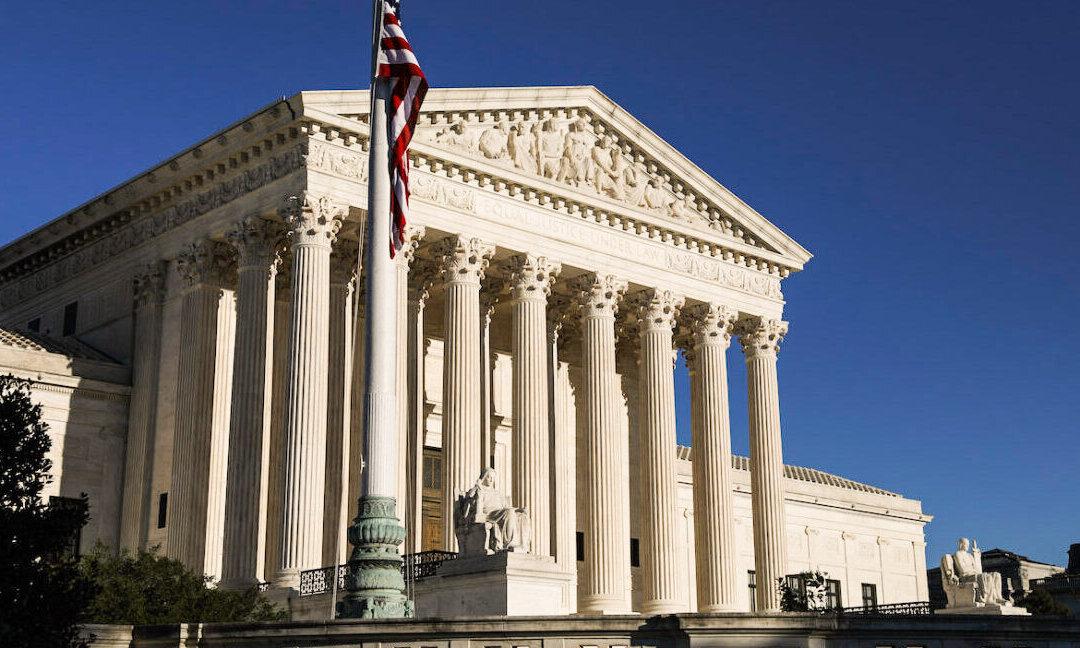The Supreme Court agreed on Aug. 23 to consider whether two illegal aliens in immigration detention for more than six months are entitled to a bond hearing.
The noncitizens entered the United States unlawfully and have reportedly been deemed by federal authorities to have a well-founded fear of persecution in their native countries.





